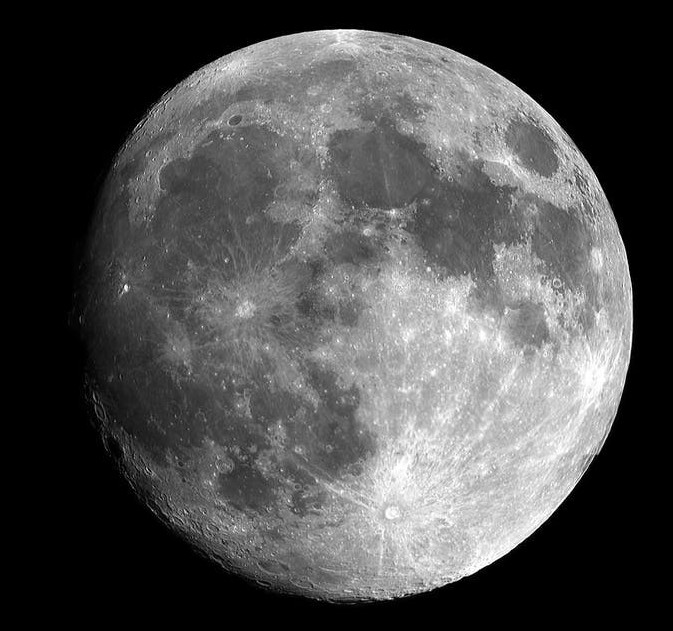
It’s the second night of a beautiful, bright, fall supermoon over Detroit tonight.
My computerized telescope is at the back door, ready to capture some video footage as it climbs into the sky and struts its stuff for those of us who care to look on.
The skies have always pulled at me, like music, and night’s like this are a no-brainer reason to look up.
As Sister Moon shows off her beaming proximity luster, constellations all around are being quite upstaged by her spotlight madness.
Because of her shine, only the best and brightest are visible – the ones we call the “star” stars: the Dippers; the Pleiades; Taurus; the hunter and his dogs… the constellations that almost everyone knows, recognizes and appreciates.
And a thought comes to me: isn’t that just like… songs?
Deep Sky Hits
If you’re here reading this post, it’s likely you are like I was once – wanting to express myself musically in some way, that is captured by some medium, in some type of recording studio, for some audience yet to be discovered.
Learning exactly how to record music well took me a few decades to refine, but now that I’m at the point of ease with it all, I can share with you my findings. I think you’ll find them interesting no matter if you’re a beginner or beyond.
I spent most of the day today in the studio recording for a new tune I wrote. As I sometimes do, I composed a guitar part that is quite difficult; so much so that I had to punch in several times in order to get it right instead of being able to play the whole thing from beginning to end with no mistakes like I always intend to do.
Best laid plans, right?
Writing songs is something I started early in life, and it is the form of expression for me that has eclipsed all others, including public speaking, acting and writing fiction or prose. I can’t get enough of it and I bet you when I finally leave for the stars there’ll be a half-finished tune scribbled on some pad of paper or mumbled into my phone recording app.
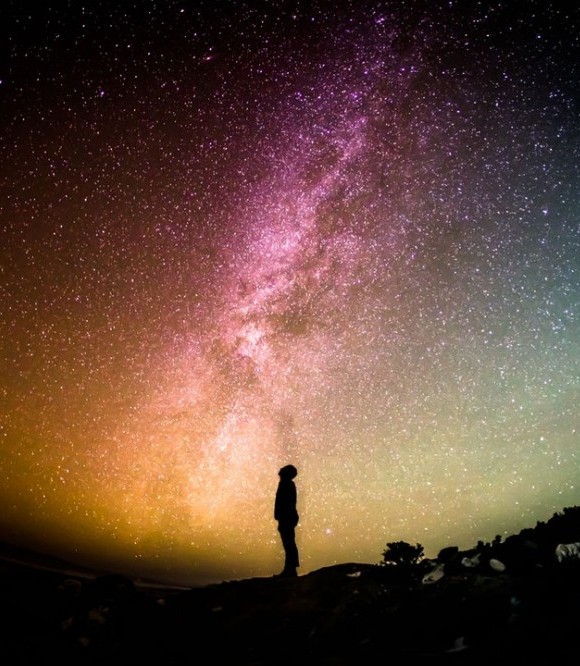
As I looked at the sky tonight, such a wonder to behold, it came to me that the universe of stars above me is an apt metaphor for human musical expression. How many thousands of songs have been written over the years? The centuries? The millennia? Though less than the great expanse above us, I bet it’s still an enormous number.
The sky’s night jewels also mirror our musical endeavors in another way: there are songs we all know that have made it into the pantheon of ” the best ever written”. They are familiar, beloved and millions around the world could hum them if asked.
Yet other songs, while just as valid and having as much or more work put into them, will hardly get a hearing past their composer’s ears.
In the same way, there are literally billions of stars way out past our cherished constellations that we will never see. They didn’t rise to the top of our Earthsight, so they quietly shine ’til they expire; unlauded, uncelebrated and unsung.
Deep sky stars. Deep sky songs. They might not be famous, but they are just as brilliant and worth taking in.
Why Shine??
When we write and record a song, our best bet is to invest in it for one simple reason: because it deserves to exist. It should shine right up there alongside the rest, no matter the brightness or obviousness. Not for what we can get from it, not from how much we’ll make off it… do it because it should be heard.
How many hear it, where they hear it, how they hear it… whether anyone will ever hear it – none of that matters. Our only goal should be to put our hearts and limbs into the sometimes arduous task of pulling from silence, into our experience, the mystery and joy of a brand new song.
If we start writing, and then recording, with this attitude in mind, we will find laughter, ideas, excitement and unpredictable, astonishing creativity bouncing off our foamed-up walls and into our hard drives (or tape, if you’re really old school!). Guaranteed.
Lasso-ing Your Star To Earth
I’ve had the true privilege to write and record original material for decades now, and with all that experience in mind I’d like to share with you what I have lived out as the most efficient and effective method for recording songs.
A word of caution to those whose machinery is near and dear: in this post, I’m going to deal with all the things that are not gear-related. Then, in an ensuing Part Two article, we’ll deal with the many equipment details that crop up during a session. I know, I know… you can’t wait to get all tweaky wid it!
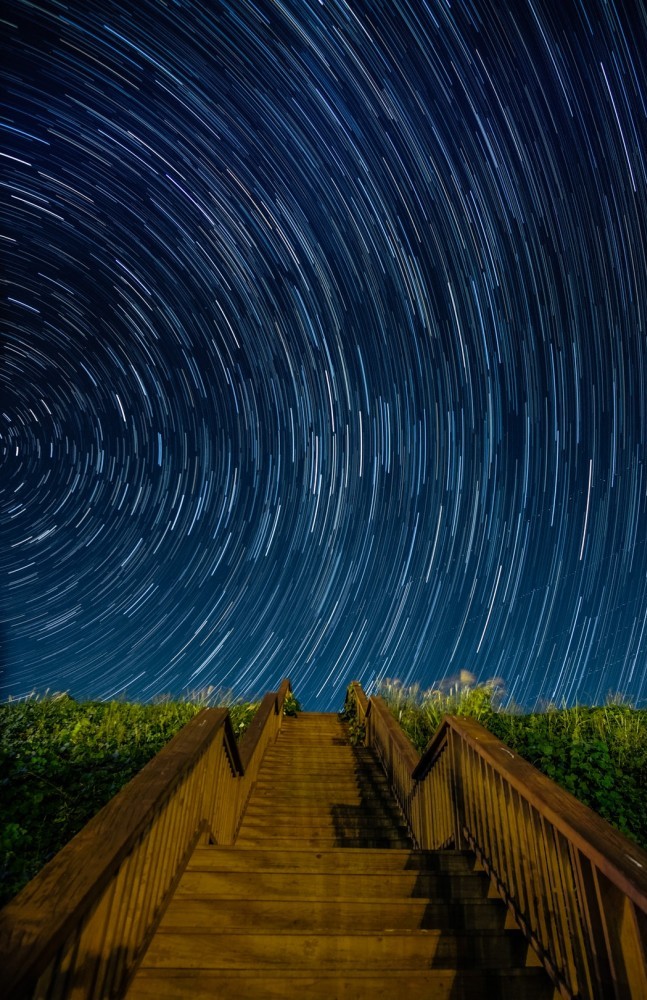
Here are the things I always do before at last sitting in the ‘chair of pressure’ in the studio:
- If it’s possible, try to complete the song/arrangement before going in the studio
- Listen to a phone recording of the whole song to confirm all your choices and familiarize
- Then practice it that way until you make no mistakes
- Audition, then choose the best instrument to accomplish what you’ve composed
- Assemble all pertinent supplies: cables, capos, strings, picks, MIDI interfaces, mics, amps, cabs, etc.
- Record a no-need-to-be-perfect scratch vocal along with your rhythm instrument
- Be rested, fed & hydrated
- If possible, don’t rush the process.
If you can manage to align all these stars into the perfect prep constellation, you’ll be well on your way to capturing magic. Like the aurora borealis, it’ll fill the whole night sky of the audience that awaits you!
Star by Star…
Let’s go through those with a bit more detail. First, not every famous song was completed before the musicians entered the studio… but most were! So do your due diligence and, if you have the time, get ‘er duuuuun. The biggest reason is avoiding downtime. If you’re paying for studio hours this is even more crucial, ‘cuz you’ll be throwing money away otherwise.
If you have your own studio, finishing your song or arrangement of an existing song is still optimal because you can then face the pressure of recording with the confidence of a totally finished tune that YOU wrote. Nothing like that feeling, and it’ll help you perform better. Plus, you’ll lose a lot of light and joy if you’re sitting in silence, trying to figure out what to do next. That feeling of uncertainty can be a snake eating its tail.
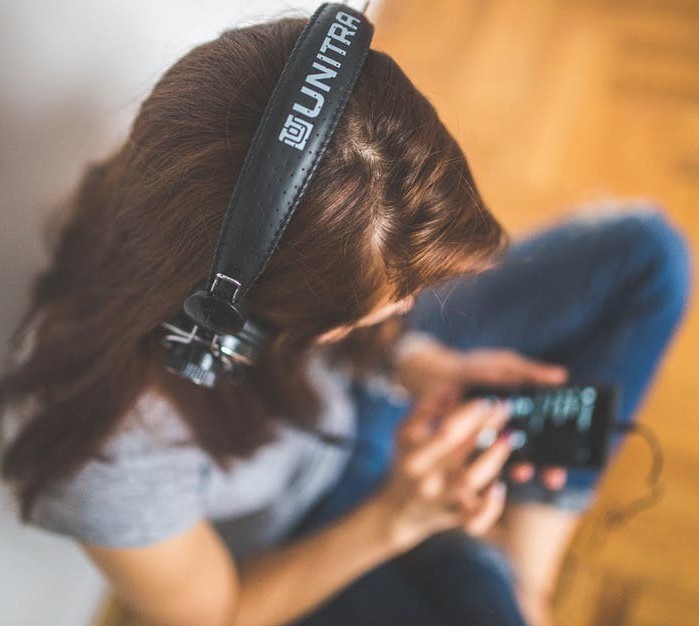
As for pre-production listening, it also is crucial. The more familiar you are with your brand new song, the more you’ll sing it and play it like it’s existed as a hit already for decades. That’s the kind of closeness you should have with it, but that only comes by repeated listening.
You’ll find with repeated hearings you might not like a word here, or a chord voicing there. Or maybe a brand new melody idea will just pop out that is so much better than your first choice. These things happen to me with just about every song. Give yourself the time and chance to find these improvements too.
Practicing? Well, that speaks for itself, doesn’t it? The harder the song, the more you’ll have to practice. Strive to be able to play the whole song through, no mistakes. If you’re recording more than one song, make yourself play through all the tunes you’re going to lay down, beginning to end, no mistakes. Messed up? Start over.
I know; I’m such a harsh taskmaster. lol
Audition different instruments. You may find, as I did today, that the instrument you planned to record with doesn’t perform as well as another option. You’ll never know where an improvement can be made unless you try, so go for it.
For today’s session, I thought my Franks acoustic was to be the axe. Instead, I discovered that, because I was using an extreme alternate tuning (C C C G A C) my Ovation Balladeer Special handled it with much better intonation than the Franks. Also, from fingerpicking I jumped into aggressive strumming in the middle of the tune and the Ovation also handled the extremes better.
I honestly like the tone and timbre of the Franks better, but it couldn’t deal with my alternate tuning. If I adjusted the truss rod, probably, yea, but I didn’t want to get into that too. I’ve got enough on my plate!
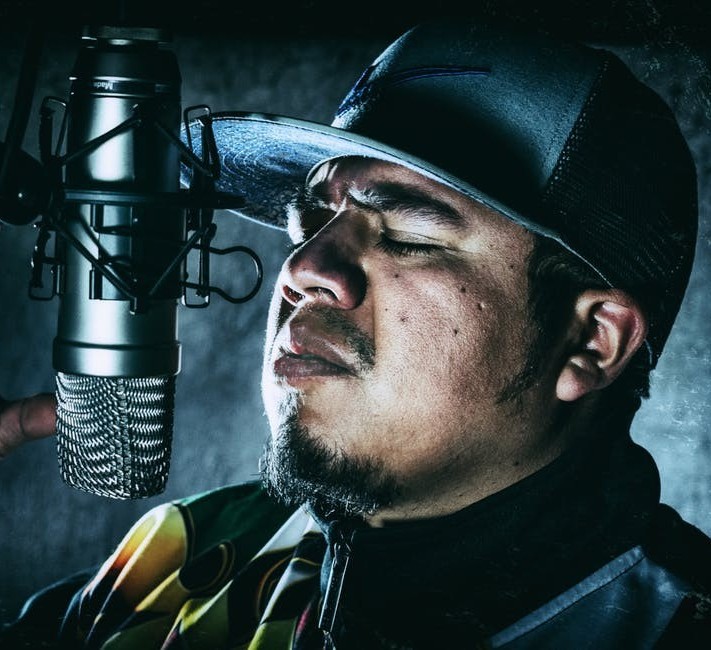
Supplies. Oh, yea. You gotta have everything ready. I’ve seen it happen too many times to too many musicians. “Oh, crap – my capo!!” “Hey, Teaj, you got an extra D string?” “It’s your guitar cable buzzing. Use another. You don’t have one??!!”
Don’t let those failures cause your stars to fall. Be a Boy Scout. Be prepared.
When you finally get in to record, throw down a quick scratch vocal, and your rhythm instrument, to a metronome. These will be your scratch tracks. It allows you to play along to your song instead of having to remember all the little nuances of what you just wrote. Maybe in the end you’ll keep some it. Most of the time not. Works much better, trust me.
If you get enough sleep, food and water, chances are you’ll feel awesome and rarin’ to go the day of the session. The water is especially crucial if you’re going to be the singer. Lubricate those pipes, baby!!
Finally, I have always found that having my own studio allows me to take my time, record when I want to, and as many times as I want to until the track sounds right to my ears. I am definitely my own worst critic. Maybe you can empathize. Still, I know for a fact that many magical moments in my studio would just not have happened if I’d been “on the clock”. If you take your time and commit to doing it well instead of quickly, you will never regret your decision.
Conclusion
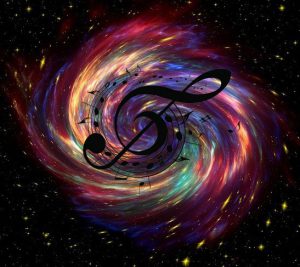
The Hubble telescope has shown us the vastness of space in astounding new glimpses, and it only grows more inconceivably immense the deeper we peer into it.
In the same way, the sheer multitude of songs we’re all creating these days is exponentially more than mankind has heard at any other time in our history. For music-makers, this is a truly awesome online community of opportunities at our fingertips, like never before.
For every one of you who are reading this because you want to capture your music in the very best ways possible, I’m with ya, and I hope this first look into how to record music helps you move forward with self-assurance, tenacity and informed eagerness for the worthy task at hand.
As one of my favorite bands of all time says, “You’re a shining star, no matter who you are; shining bright to see what you can truly be.” (Thanks, Maurice!)
Let your music glow like a billion cosmic furnaces. I’ll be watching through my telescope. ‘-)
Now, go… make… sounds!!
Teaj

I’ve had the same experience, Chris, many times over. Unfortunately, most people in the music fold are not big on hard work and commitment. I was always the one making things happen, and that’s why eventually I just stayed with being a solo artist. Too hard getting people to come to a rehearsal, finesse their parts, help with business, etc.
Keep making your music, and if you really want it to get somewhere, commit to finishing whatever you start. Remember, people want to listen to a complete song. Make those, throw them up on the many platforms we have now, and you can have a true following.
If you want insight into really forming a complete song, check out my tutorial here.
What synths do you own anyway??
I really enjoy your article and puts some music making ideas into perspective. My band hardly gets together anymore and do we just, well, jam. I actually miss when we would work on a song take after take, recording everything into a DAW, and keeping what we liked. Then practiced it. Now I do electronic music on my own and get great ideas, but never make them into a fully composed piece. Probably because I love sound design on my synths so always moving onto something else. But in the end, I make music for me. It’s my get away from everything and if someone else listens to it and likes it, great. But that is not why I do it.